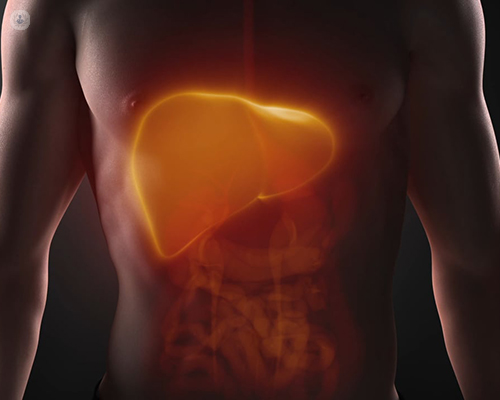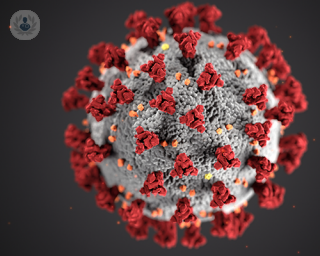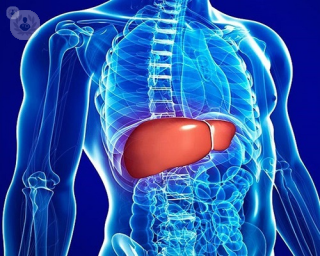Viral hepatitis
Dr Matthew Foxton - Hepatology (liver specialist)
Created on: 11-13-2012
Updated on: 06-27-2023
Edited by: Karolyn Judge
What is hepatitis?
Viral hepatitis is a form of hepatitis, which is the general term for inflammation affecting the liver, consequently causing it to function improperly. There are several kinds of viral hepatitis, including A, B, C, D, and E.

Hepatitis can also be caused by drinking too much alcohol. There is also another form of hepatitis called autoimmune hepatitis, in which the immune system attacks the liver and damages it.
What are the symptoms?
Symptoms of hepatitis include:
- Cloudy urine
- Fatigue
- Mild fever
- Itching
- Jaundice
- Loss of appetite
- Nausea or vomiting
- Weight loss
- Headaches
- Pharyngitis and cough
What are the causes of hepatitis?
Hepatitis can occur for different reasons:
- Immune cells of the body that attack the liver;
- Viral infections;
- Liver damage caused by excess alcohol or toxins;
- Overdose of medications.
Viral hepatitis can be passed on in different ways, depending on the type. For example, hepatitis B is common worldwide, but is not common in the UK, and it is spread through the blood of an infected person. Hepatitis D is another form of hepatitis which only affects those already infected with hepatitis B.
Hepatitis C is the most common type of hepatitis in the UK. It is also transmitted through the blood of an infected person, and is most commonly transmitted through needle sharing when injecting drugs.
Hepatitis E is on the increase in Europe and is passed on through raw or undercooked pork and offal. It can also be passed on through uncooked venison, shellfish, and wild boar.
Can it be prevented?
Hepatitis A and B can be prevented through a vaccine. To avoid getting hepatitis B and C, it is important not to share personal items such as razor blades, and make sure that proper hygiene protocol is followed if you are getting a body piercing or tattoo.
Hepatitis A and E can be avoided by not consuming or using food or water that is not clean, washing hands thoroughly after going to the bathroom, and washing hands after being in contact with the blood, faeces or bodily fluids of an infected person.
How is viral hepatitis treated?
The treatment varies according to the cause of the condition. The treatment for hepatitis A, for example, may simply be bed rest. In the case of hepatitis B, medication may be administered but only if chronic. Hepatitis C is treated through antiviral medications. Your hepatologist or specialist will advise on the best form of treatment, if necessary.
In cases of liver damage, a transplant may be necessary.















